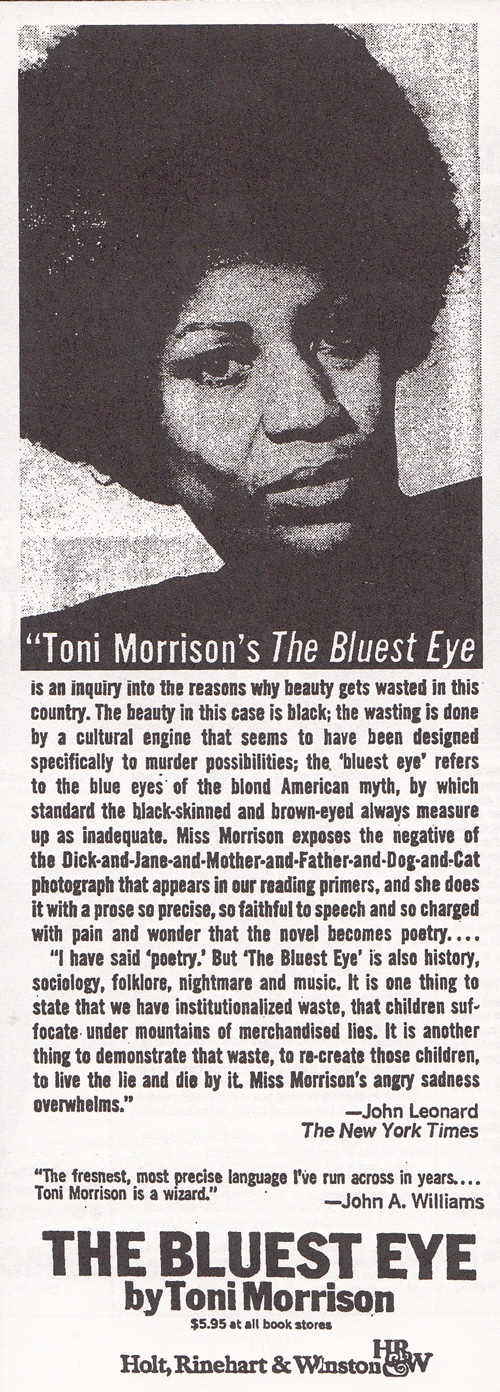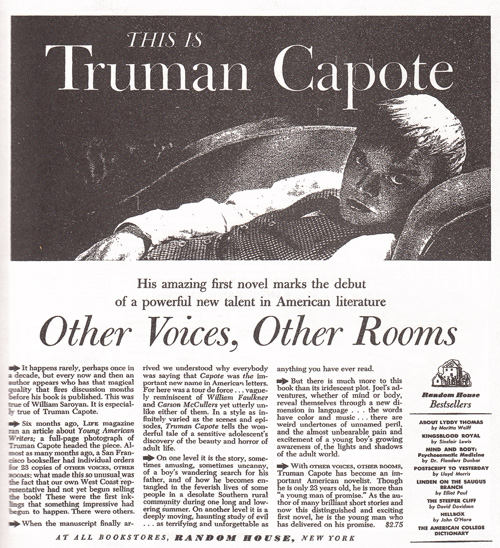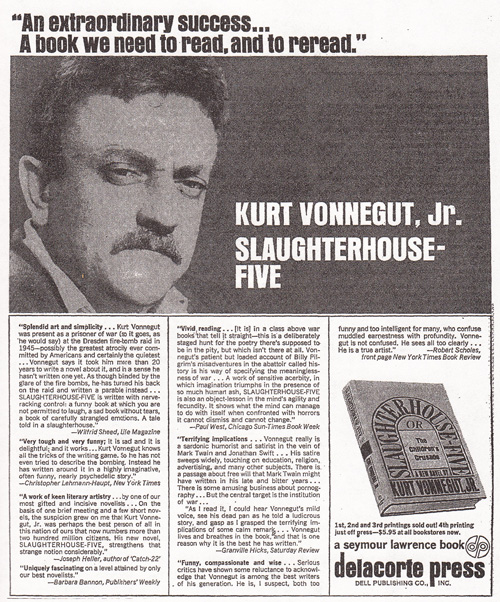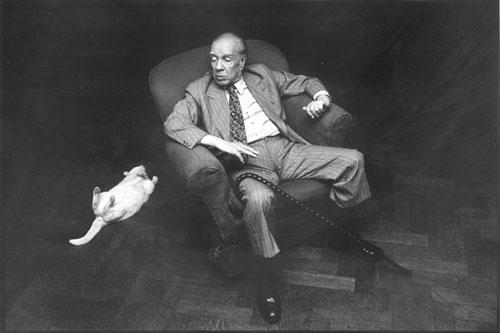Last
week we covered first lines that set settings. This week, we pay tribute to the
axiomatic opening. Here’s a well-known example that many will recognize:
“It is a truth universally acknowledged, that a single man in possession of a good fortune, must be in want of a wife.” — from Jane Austen’s Pride and Prejudice
Want
another? How about this one- equally as famous as the first:
“Happy families are all alike; every unhappy family is unhappy in its own way.” —from Leo Tolstoy’s Anna Karenina
These
adages can be sarcastic, like Austen’s, or introduce a kind of a farcical
situation, like Tolstoy’s. Or they can be whistful observations::
“Ships at a distance have every man's wish on board.” (Zora Neals Hurston’s Their Eyes Were Watching God )
And
even wisecracking laments:
“The moment one learns English, complications set in.” (Felipe Alfau’s Chromos)
You
could almost say that The Great Gatsby
begins with an aphorism, too: “…my
father gave me some advice…” (Though the adage is only teed up in the first
line, and it’s the second line that delivers the punch of wisdom.) Still, it
gives the reader a filter through which they are to understand the entire book.
Anyway,
I think axiomatic openings are pretty effective. They push you to start asking
questions immediately. Do I agree with that axiom? Is it bunk? Why does the
narrator lead off with it? What kind of story is going to prove that statement
out? And on and on.
Do
you agree? Disagree? (As the old adage says, you cannot do both.)
















